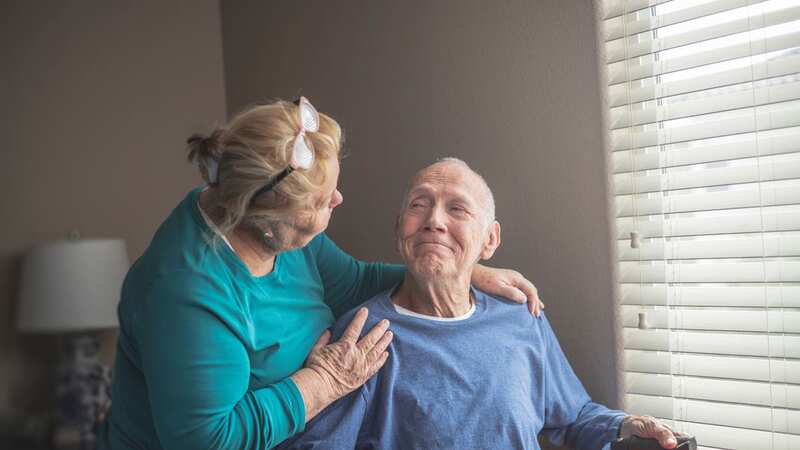

Recently I wrote about a test that could spot Parkinson’s disease before symptoms become obvious.
To add to our understanding of this complex neurodegenerative condition there’s now been a study saying gradual worsening of Parkinson’s can be tracked by a wearable sensor.
A team of researchers from the University of Oxford has come up with a device worn by patients that transmits data to specially trained machine-learning algorithms.
The novel methods, pioneered by Professor Chrystalina Antoniades in Oxford’s Nuffield Department of Clinical Neurosciences, can be used by doctors alongside their traditional rating scales to not only improve the accuracy of diagnosis, but also to track worsening of Parkinson’s symptoms.
Her work is important for two main reasons. Firstly, doctors need to be confident in their assessment of how the disease is progressing for each patient and, secondly, researchers running clinical trials need to be able to measure accurately how well treatments are working.
 Putin suffers relapse in health as Joe Biden visits Kyiv, Kremlin insiders claim
Putin suffers relapse in health as Joe Biden visits Kyiv, Kremlin insiders claim
These devices could provide scientists with that crucial information. In time-consuming clinical trials it’s critical to be able to spot as early as possible that new treatments are effective, so work on them may be accelerated.
In this way, new drug approval by government agencies is efficient and treatments reach patients quickly. In the UK, around 153,000 people are living with Parkinson’s, including around 83,100 men aged 50 to 89 and 60,200 women in the same age group.
Prof Antoniades’ NeuroMetrology Lab has been carrying out experiments to assess whether sensor devices worn by patients on their trunk, wrists and feet, combined with machine learning, can track the progression of motor symptoms more accurately than traditional ratings. This would be key.
They and others have already shown this approach can help with accurate diagnosis. It’s known that these new techniques help to distinguish between healthy older adults, people with different severity of Parkinson’s disease, and people with other disorders like Parkinson’s.
In this new study, the researchers asked whether it was possible to use the data collected during walking and standing tasks, not only to diagnose but also to track the progression of motor symptoms in Parkinson’s over time.
The study participants were assessed intensively with visits to the clinic every three months, so that the team could determine the shortest time over which their analysis could detect disease progression.
They found that progression could be detected in as little as 15 months with their technique. That’s a huge step forward.